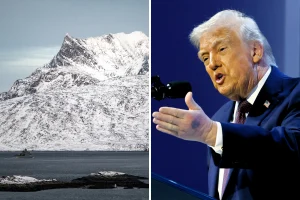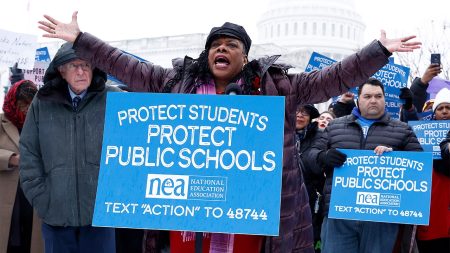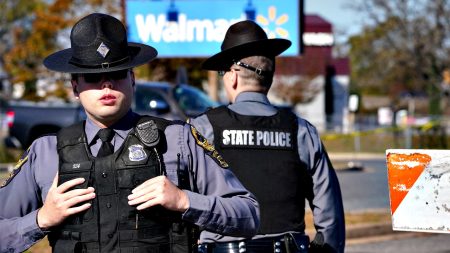Administration Faces Judicial Scrutiny as Immigration Enforcement Expands
In a notable confrontation between judicial authority and executive action, a federal judge in Oregon has expressed serious concerns that the current administration may be deliberately working around her court order regarding immigration enforcement. The judge’s criticism comes at a particularly sensitive moment, as the president has simultaneously reached out to Texas officials to request additional troops for deployment to Chicago and several other major cities across the country.
The Oregon judge’s allegations point to a potentially troubling pattern of executive branch behavior that raises questions about the respect for judicial oversight in immigration matters. According to court documents, the judge believes administration officials may have implemented alternative strategies to continue certain enforcement actions that her previous ruling had specifically prohibited. This judicial rebuke highlights the ongoing tension between aggressive immigration policies and the constitutional checks designed to limit executive power. Legal experts note that such accusations from the federal bench represent a significant escalation in the already contentious relationship between the courts and the administration on immigration issues.
Meanwhile, the president’s outreach to Texas for troop support signals a broadening approach to domestic security concerns in urban centers. The request specifically targets Chicago, a city that has frequently featured in national discussions about crime and public safety, along with several other metropolitan areas facing similar challenges. This move to utilize state military resources for domestic law enforcement purposes has sparked intense debate among constitutional scholars, civil rights advocates, and state officials about the appropriate boundaries of federal authority and the potential implications for community-police relations in affected cities.
The dual developments—judicial pushback in Oregon and the mobilization of troops for urban deployment—illustrate the administration’s multi-pronged and sometimes controversial approach to both immigration and public safety issues. Critics argue these actions reflect an executive branch willing to test the limits of its authority, while supporters maintain these measures are necessary responses to pressing national concerns that traditional approaches have failed to address effectively. The situation has created unusual alliances and oppositions across the political spectrum, with some traditional states’ rights advocates supporting federal intervention while some law enforcement officials express reservation about militarized approaches to community safety.
For residents in the affected cities, these developments create uncertainty about what enforcement actions might look like in their communities and what legal protections remain in place. Community organizations in Chicago and similar urban centers have begun preparing residents for increased enforcement presence, while legal aid groups work to clarify what rights individuals maintain regardless of changes in enforcement strategies. The situation highlights how national policy decisions create immediate and tangible impacts on local communities, particularly in diverse urban areas where immigration status varies widely among residents and where relationships with law enforcement may already be strained.
As both the judicial confrontation and the deployment plans unfold, they represent a critical moment in defining the boundaries between different branches of government and between federal and state authority. Constitutional scholars suggest these concurrent situations may eventually produce landmark legal decisions that clarify the limits of executive power in both immigration enforcement and domestic security operations. For now, however, communities find themselves navigating uncertain terrain as they await clarity on how these competing forces of judicial restraint and executive action will ultimately reshape the landscape of immigration policy and urban security approaches across America.






